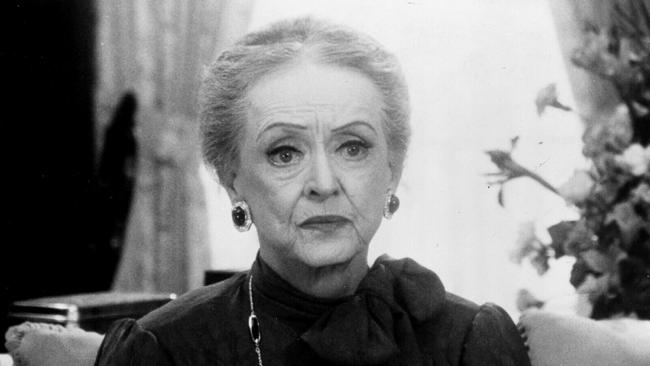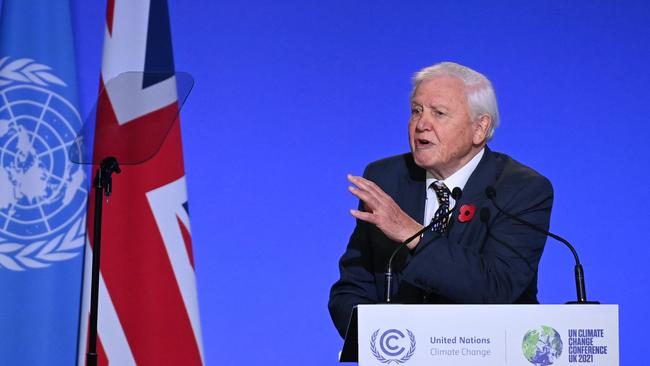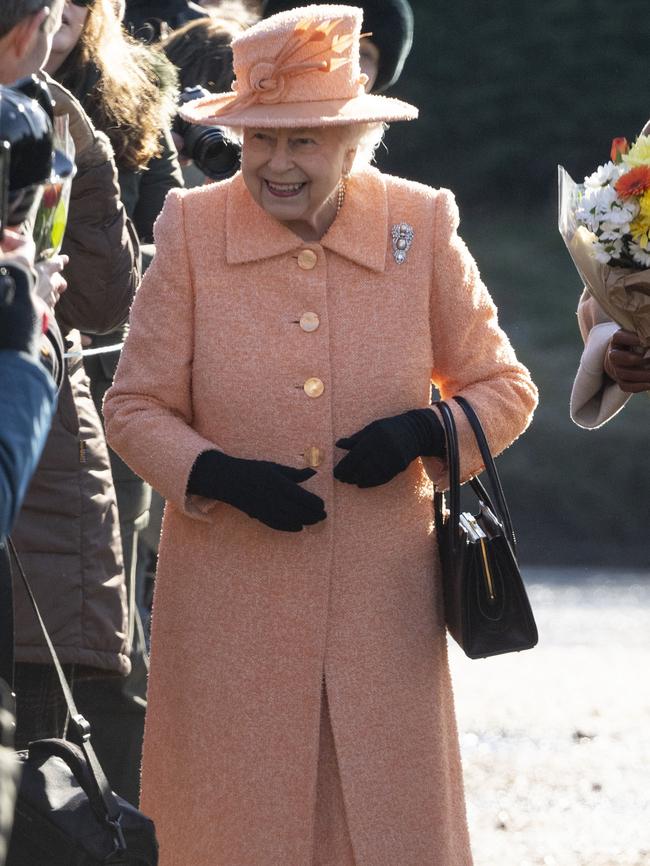Living to 180? No thanks, it sounds deadly

Dear God, no! Enough is enough. When the Grim Reaper calls, I’m off, ideally with a song in my heart and a hatful of good memories and friendships. Make space for the next lot, however ungrateful they are. It would of course be nice to get a few more journeys in and reach the mid-eighties with functional knees, and I suppose a taste of the tenth decade is OK if it involves the energy and independence of David Attenborough, Ken Dodd or the Queen.

My dad, despite having crippling arthritis, used to remonstrate with a friend from the euthanasia group Exit. Brandishing his Times he would protest that he’d “always want to see what happened next”. I applaud this attitude, and later when the Berlin Wall fell (he had watched it going up) I nipped to the churchyard to tell him.
But although he deserved another decade, I think he would have regarded sixty more years of burdensome doddering as indecorous and absurd. He was without religion but when friends died would joke “It’s getting to be a pretty good party over there”. A good response, even if it turns out that isn’t any “over there” at all: none of us knows for sure, not even Professor Dawkins.
That too is fine by me. Whatever your expectation — annihilation, revelation or ultimate justice — there is something stimulating about our limited human tenure. Despite all the pity and horror of premature deaths in the pandemic, and the disgrace of care-home rules putting mere lifespan over kindness, I am always puzzled by cries of “My nan was only 94!” My own mother at 91, though living independently and mentally sharp, was so keen to go that she actually tried lying doggo for a full day, pretending to be unconscious in the hope she’d slip away. She was furious when the kindly priest turned up with sacraments, making it clear that prayers for her survival were the last thing she wanted.

The idea of science bringing super-longevity makes me shudder. Geriatric medicine is good, and under the relentless urging of Professor Sir Muir Gray many of us do dutiful knee-bends and throw our ageing shoulders back as we stride out in the drizzle (when permitted by HMG). But the Bible got it right: man that is born of woman blooms like a flower, fades and withers.
Even optimistic doctors flinch at the huge medical and social costs immense lifespans would bring: major interventions, replacement knees, hips, corneas, heart valves, pharmaceuticals. It would be, one medic observed “like keeping an old car running, but eventually it’ll die”. Some 130-year-olds might still be earning and happily useful; many wouldn’t. And even if they were they would block housing, jobs and wealth.
It is good to maintain the elderly reasonably and with love, and stave off avoidable threats. I am grateful that NHS haematology foiled a blood condition that planned to wipe me out, with biblical efficiency, just as I hit three-score and ten. But it wasn’t my sacred right, and any direct choice between that and saving someone far younger would be a no-brainer. I’d have been mortified to win that game.

I recently reread John Wyndham’s Trouble with Lichen, a sci-fi novel in which an “antigerone” drug slows down ageing and offers 200-year lifespans. It admits the political difficulties but offers a feminist slant, suggesting that clever women in particular would benefit from getting procreation over with and avoiding their fate of dwindling into domestic wifehood (it’s a 1960 novel). It appalled me even as a feminist teenager: the world has enough tired old buffers clinging on to power and influence as it is, with a boomer generation ludicrously over-loyal to itself and its idols. No wonder the young are annoyed. We’re in the way.
Anyway, knowing our life’s limit shakes us up, makes us keener for even small adventures, and reminds us to say the important things to important friends and relatives. It was inspiring to see the frailest extreme elders queueing merrily and sociably for their first vaccinations, not out of terror but simply pleased to be out of miserable shielding.
It has been hard for the old these past two years, as well as for the young: when you know your years are naturally limited you grow impatient for the next outing or sight of a grandchild. Who wants to measure out their brief remaining time in antigen tests and Ocado deliveries? As Bette Davis observed, “old age ain’t no place for sissies”, and that call to arms applies to ambition, as well as to endurance. No wonder some of the most dedicated rule-breakers you meet are elderly sports, defying their bossy children’s cotton-wool rulings to relish the last drops of life, even murmuring that if they do “burden” the NHS, they’ve damn well paid their bit for 50 years.
But 50 or 60 years more to face? I think not. Feeling time’s wingéd chariot at your back is healthy. There’s zest and gratitude in knowing that nothing is forever.
The Times







On a grey bitter morning under the sempiternal Plan B, with the radio droning dire predictions, seeping evidence of public sleaze, half the world closed to us and a constant thrum of anxiety from businesses, theatres, orchestras, teachers and sad masked children, I read a report from HEC Montréal. Léo Belzile, a statistician at the Canadian business school, concludes from data analysis that the human lifespan will within this century be 130 to 180 years. Supercentenarians are increasing. Pampered westerners, who on average already beat the biblical three-score-and-ten by over a decade, may face an extra half-century.